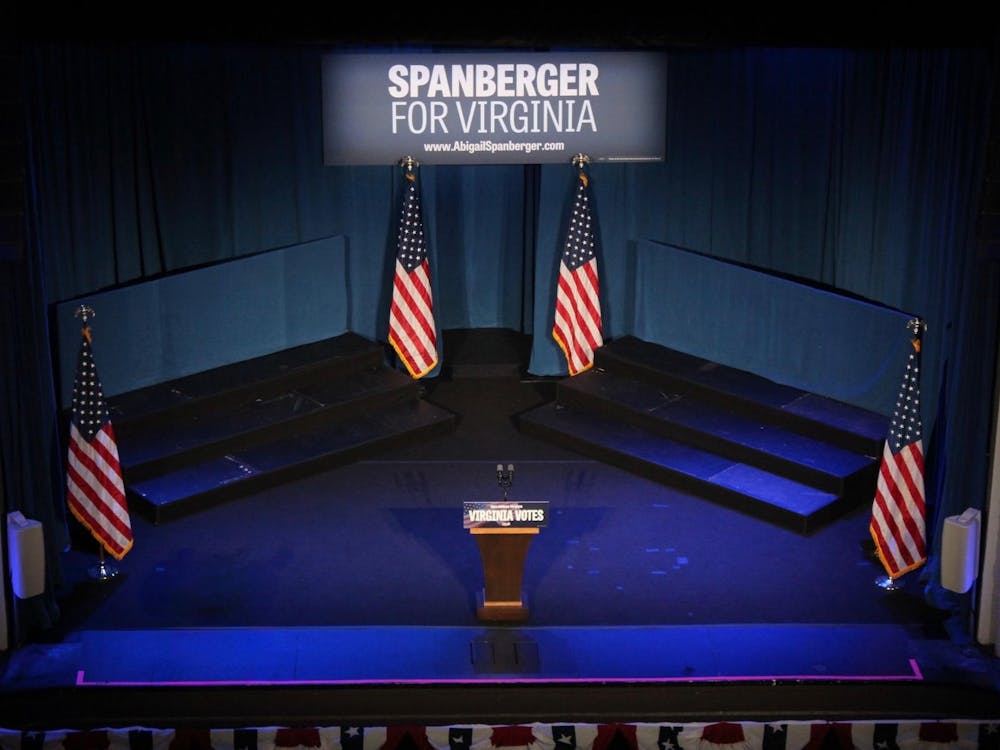The Honor Committee has dealt with 55 of the 145 plagiarism cases initiated by Physics Prof. Louis Bloomfield beginning in April 2001. But, according to statistics released yesterday, the Committee still faces nearly 90 that Committee members hope to have investigated by winter break.
"I wish it were going faster," Committee Chairman Thomas Hall said of the process.
So far, the Committee has held two trials related to the Bloomfield cases and delivered two guilty verdicts. One of these trials took place in late June and the other in mid-September.
Four students also have left the University admitting guilt.
"The most restricting factor is the level of cooperation of the students involved," Hall said.
Some of the involved students are abroad, some have transferred and some are refusing to communicate with the Committee's support officers, Vice Chairman for Investigations Cara Coolbaugh said.
"If a student is currently enrolled, their case will be processed," Hall said.
Coolbaugh said cases are not dropped when students transfer.
Many of the support officers also are very busy and there are scheduling conflicts, Coolbaugh said.
Bloomfield, who teaches the "How Things Work" series, developed a computer program to catch students who plagiarized significant portions of their term papers. He initially charged 122 students with plagiarism, but since last semester, the number has risen to 145.
Of the 55 closed cases, 13 were dropped before the investigation panel, 27 were dropped at the investigation panel and 15 were sent to trial.
The investigation panel consists of three Committee members, who hear information gathered on the case and decide, based on a standard of more-likely-than-not, either to drop the charges or send the case to trial.
The apparently disproportionate number of dropped cases is because of the number of students who did not realize their papers were being plagiarized, Coolbaugh said. Bloomfield's program implicates both the source and the receiver of the paper, but often the source wasn't involved, she said.
The Committee has prioritized the cases into three blocks according to how quickly the involved students wanted their cases processed, she said. Currently, the Committee still is processing the high-priority cases in block one.
Currently, 14 cases await trial.
It is unlikely that any of these will occur until after fall break, Vice Chairman for Trials Christopher Scott said. "But it's going well - as well as can be expected," Scott said.






